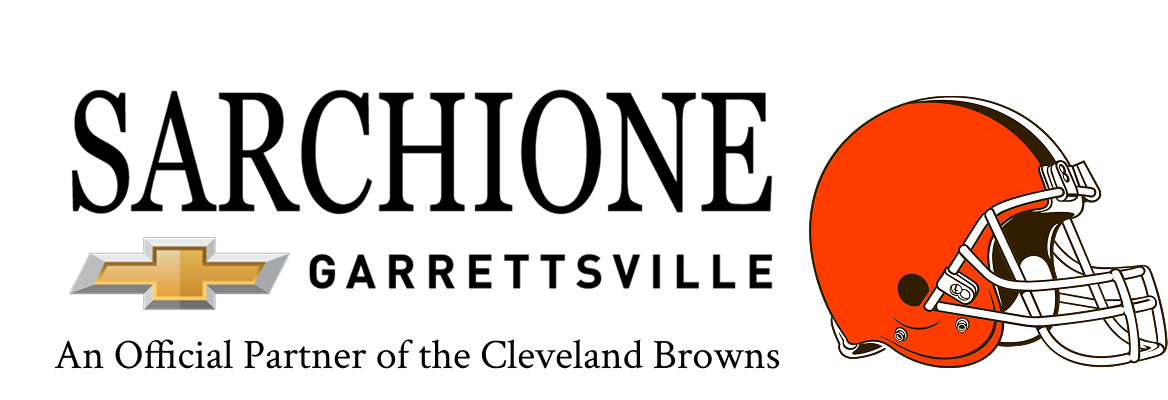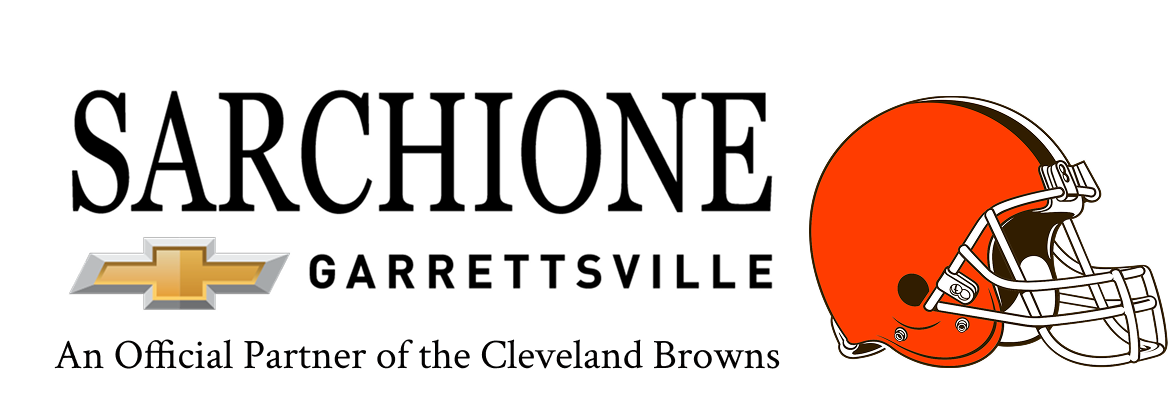Oil is the lifeblood of your engine, and any sign of leakage should never be taken lightly. Drivers often wonder, Is A Chevy Oil Leakage A Big Issue? The answer is yes, because oil leaks can have serious consequences for both performance and safety. Even a small leak can escalate into major engine damage if ignored. While some leaks may start as minor drips, over time they can lead to reduced lubrication, overheating, and costly repairs. Addressing oil leakage early ensures your Chevy remains reliable and avoids unnecessary breakdowns.
Understanding the Causes of Oil Leakage
Oil leakage in Chevy vehicles can stem from several factors, many of which are related to wear and tear. Over time, seals and gaskets naturally degrade due to heat and pressure within the engine. Common problem areas include valve cover gaskets, oil pan gaskets, and crankshaft seals. Improperly tightened or damaged oil filters can also lead to leaks. Additionally, exposure to extreme driving conditions or neglected maintenance accelerates these issues. Identifying the source of the leak early not only helps prevent further damage but also provides insight into the overall health of your vehicle.
The Risks of Driving with Oil Leakage
Continuing to drive your Chevy with an oil leak can be extremely risky. Without the proper level of lubrication, engine components rub against each other, leading to excessive friction and wear. This can quickly escalate into overheating, knocking noises, or even a seized engine. Furthermore, leaking oil may drip onto hot engine parts, creating a fire hazard.
Oil on the ground also poses environmental and safety risks, leaving slick spots on your driveway or the road. While it may seem tempting to delay repairs, the long-term damage and potential danger make it a problem that should never be ignored.
Detecting and Diagnosing Oil Leakage
Detecting oil leakage early is crucial for preventing expensive repairs. Common signs include visible oil spots under the vehicle, a burning oil smell, or smoke coming from the engine bay. In some cases, the oil warning light may illuminate on the dashboard, indicating low oil levels. You may also notice a gradual drop in oil between scheduled services, which can signal a hidden leak.
A mechanic can perform a thorough inspection to locate the leak’s source, often using specialized tools and dyes. Timely diagnosis allows for targeted repairs, whether that involves replacing worn gaskets, tightening connections, or addressing more complex internal issues. Regular maintenance checks and monitoring your oil levels play a key role in spotting leaks before they worsen and cause lasting damage to your Chevy’s engine.
Preventing and Repairing Oil Leakage
Prevention is always more cost-effective than repair when it comes to oil leaks. Regular oil changes, combined with inspections of seals and gaskets, help maintain your Chevy’s engine health. Using the manufacturer-recommended oil type and following service intervals are essential in reducing strain on engine components.
If a leak is discovered, the repair process will vary depending on the source. Minor issues like a faulty oil filter may require a quick replacement, while more severe leaks might involve extensive labor. Regardless of the severity, taking prompt action ensures your Chevy continues to operate safely and efficiently.


